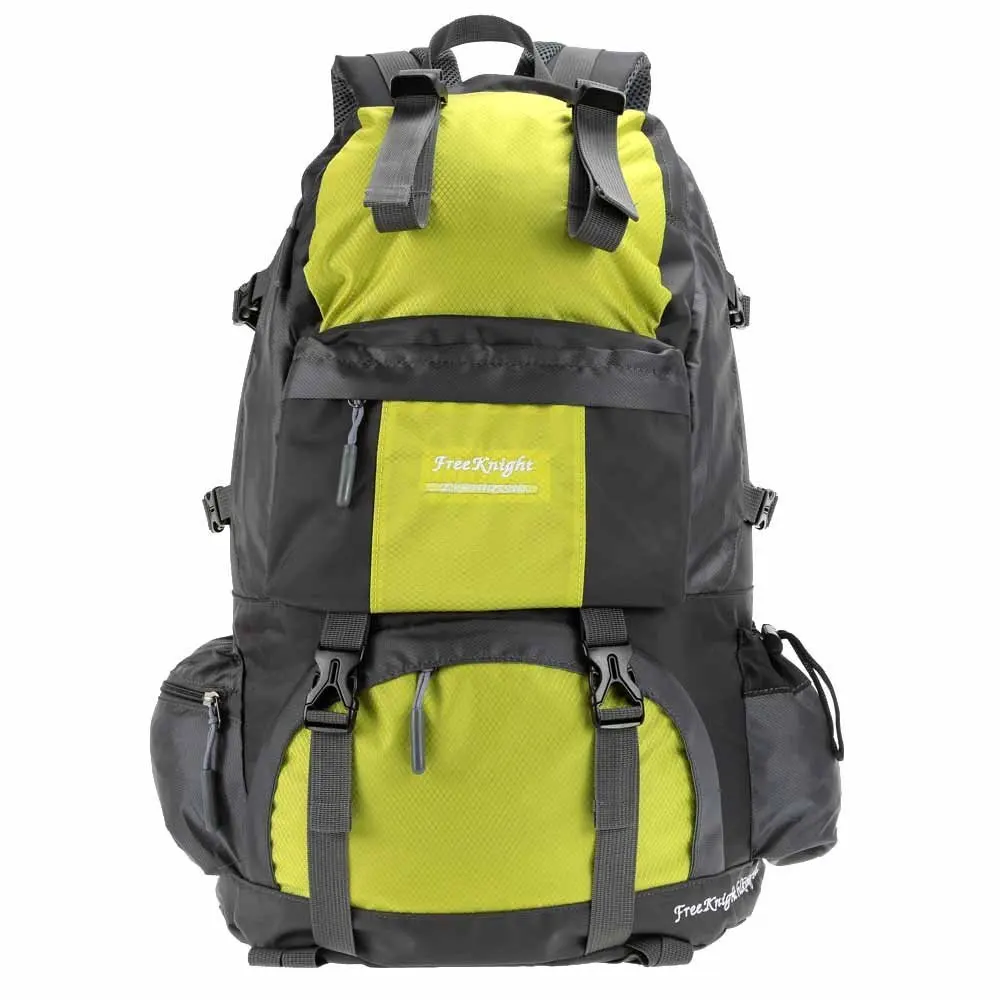
Free Knight 50L Backpack Trekking Bag Travel Waterproof Pack Mountaineering Knapsack50l
03 Bag stuff up. Put spare clothing and your sleeping bag into waterproof bags. This helps to keep things organised in the main compartment, as well as protecting them from getting saturated if you are hiking in areas of heavy rainfall. Using old plastic bags works just fine.

How to Pack a Backpack for a MultiDay Hike Packing List and Tips (2023)
Step 1: Stand your backpack upright. Step 2: Open the top of the backpack and pack your gear in order of how often you'll need to access it. Items you'll need frequently should be packed near the top of the backpack. Step 3: Use smaller pockets or compartments to keep smaller items organized and easily accessible.

70L Military Tactical Army Backpack Rucksack Hiking Camping Trekking Bag Outdoor Other Hiking
6. Tent: Pack your tent into your backpack first, as it's likely to be the biggest item you carry. Place the tent in your pack vertically, against the part of the backpack that will be against your back. This will keep the weight of the tent close to your body.

75L Large Hiking Backpack Big Outdoor Travel Mountaineering Nylon Superlight Climbing Camping
Begin by lifting your pack onto your knee with the haul loop. Slip one arm into the shoulder strap while it's resting on your knee, then hoist the pack onto your back. Slip the arm holding the haul loop into the other shoulder strap, and then adjust your straps, lifters, and belt in a comfortable position.

Hiking Backpacks 40L Waterproof Hiking Backpack Men Trekking Travel Backpacks For Women Sport
Bottom of the bag: Zone 1: Put light items, like your sleeping bag, at the bottom. It gives structure to the bottom of the backpack and is a solid base for other items above it. A compression sack can help reduce the size of your sleeping bag. Against your back: Zone 2: Pack your heaviest items, such as your tent, food for meals, water or.
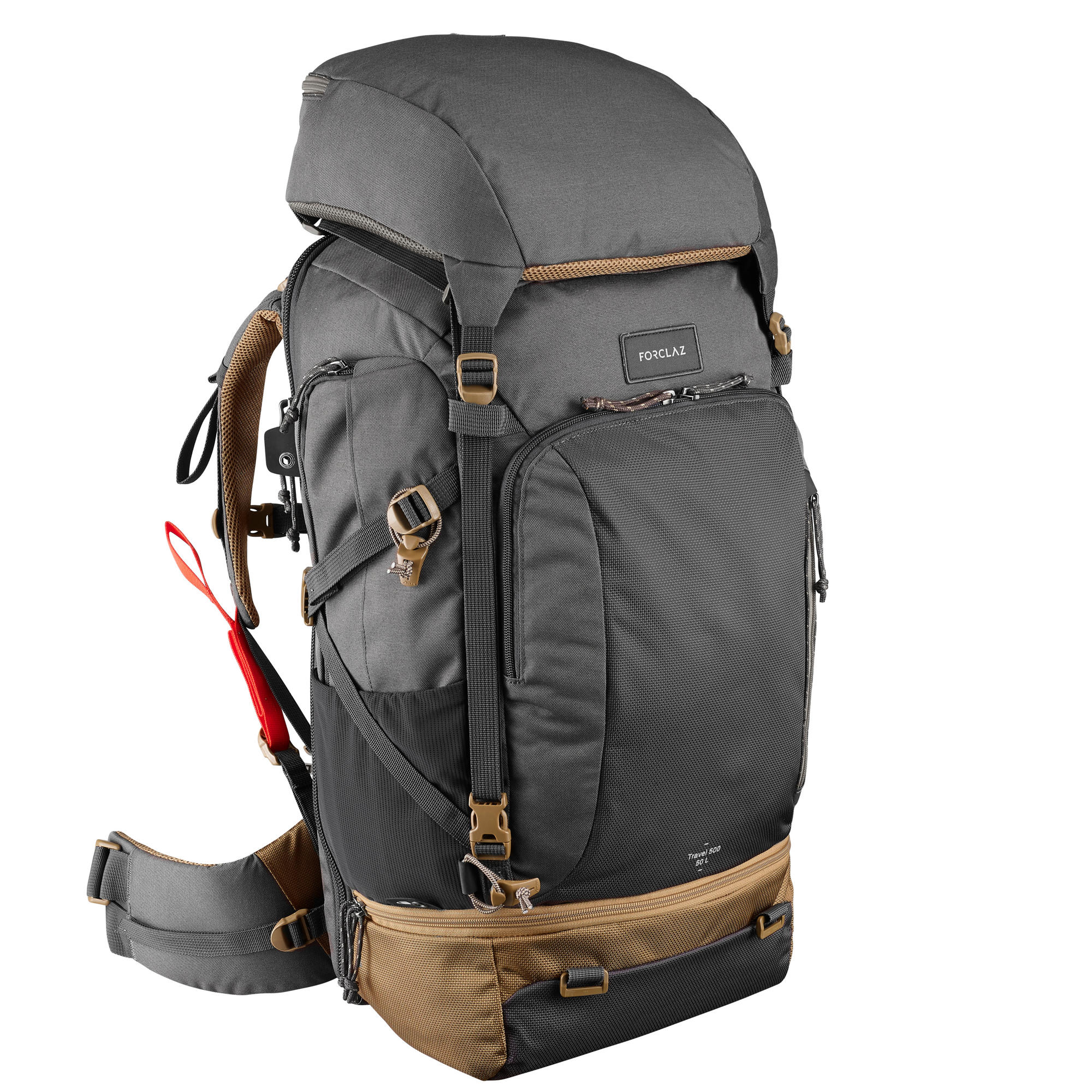
Men's Trekking Travel Backpack 50 Litres TRAVEL 500 Grey forclaz
Backpack Rain Cover. Purchase a rain cover for your backpack as a first line of defense against rogue raindrops. This inexpensive layer will stop water from dampening the outside of your pack, thus shielding all your gear within. Stash it in your front pouch for easy access.
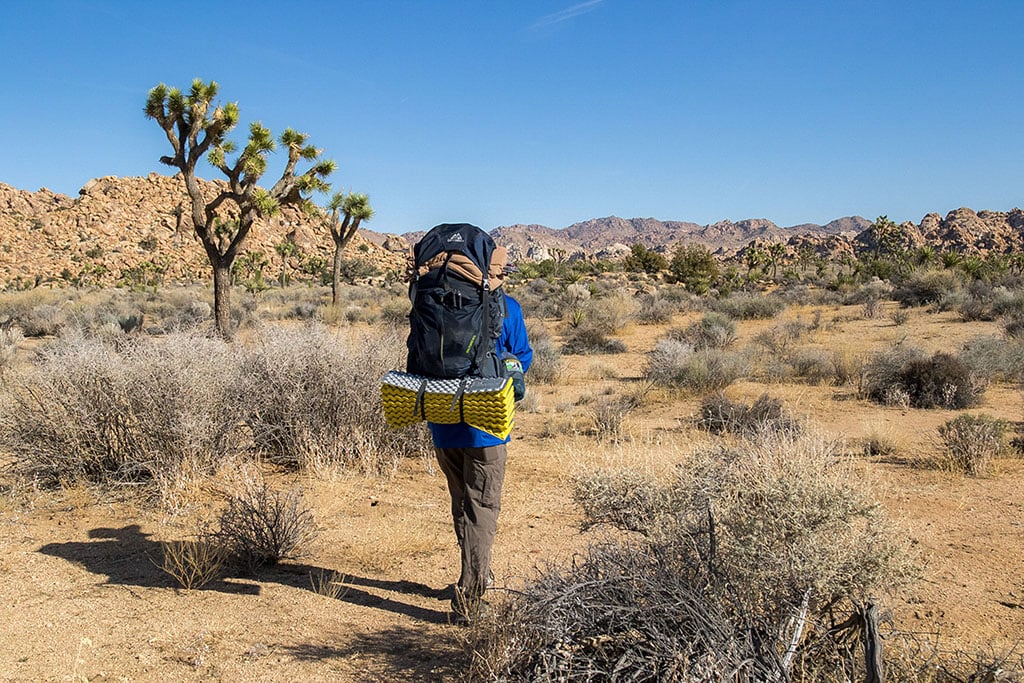
How to Pack a Backpack Backpacking & Camping The Summit Register
Secure the Load: Tighten all straps to prevent shifting and maintain balance. Test and Adjust: Hoist the pack, adjust straps for comfort and load distribution. Double-Check Accessibility: Make sure emergency items are easily reachable. Last-Minute Additions: Top off with a rain cover or extra layer for quick access.
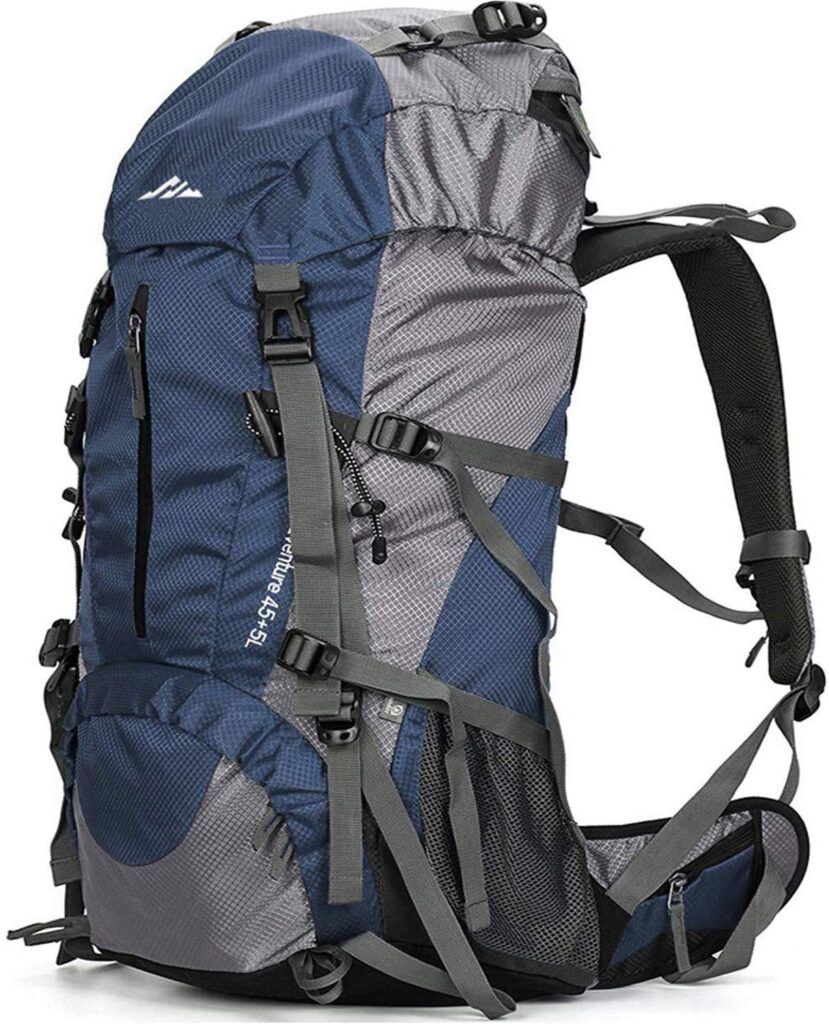
The 7 Best Waterproof Backpacks For Hiking and Backpacking
Loosen the shoulder straps and hip belt before you lift your backpack. This will make it easier to slip on later. [10] Tilt the backpack upright and then position yourself next to the back panel with your legs shoulder-width apart and your knees slightly bent. 3. Lift the backpack up to your thigh with the haul loop.

Kathmandu Interloper 70L Hiking Rucksack Travel Backpack with Daypack v2
The key to that is making sure your pack is balanced. To do this, make sure the weight of your pack is centered and not top-heavy or pulling you down. By packing generally heavier items in the center of your pack, close your back, and lighter items on the top, bottom, and outside of your pack, the weight will be centered close to you and most.
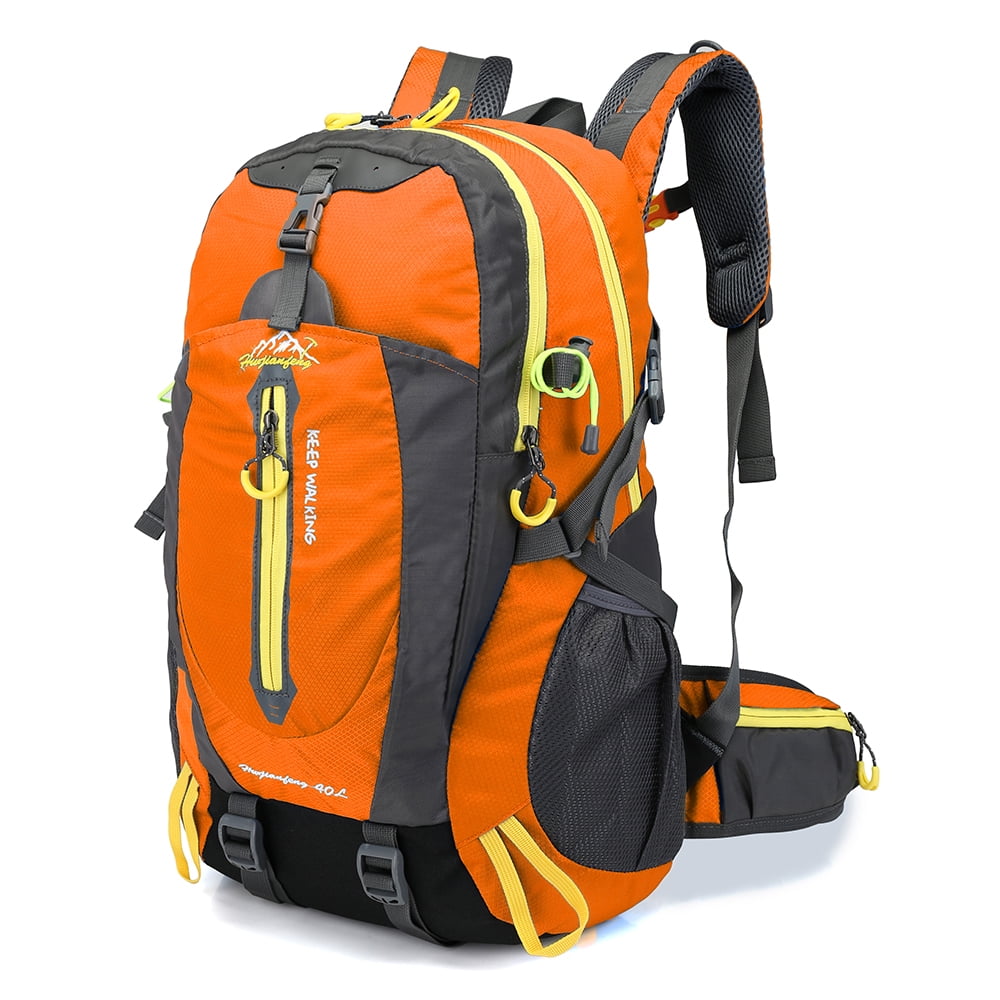
Hwjianfeng 40L Water Resistant Travel Backpack Camp Hike Laptop Daypack Trekking Climb Back
Tilt your pack to an upright position on the ground. Stand next to the back panel; have your legs well apart and knees bent. Grab the haul loop (the webbing loop at the top of the back panel on your pack). Lift and slide the pack up to your thigh and let it rest; keep your hand on the haul loop for control.

How to Pack Your Trekking (Hiking) Bag (DIY Treks) YouTube
3. Sun Protections - Everyone loves a sunny day while backpacking, but too much sun can have devastating effects on the skin, eyes, and hydration levels. Protect yourself by packing lightweight layers, sunglasses, SPF (preferably one with a mineral base to protect wildlife), and a hat. 4.
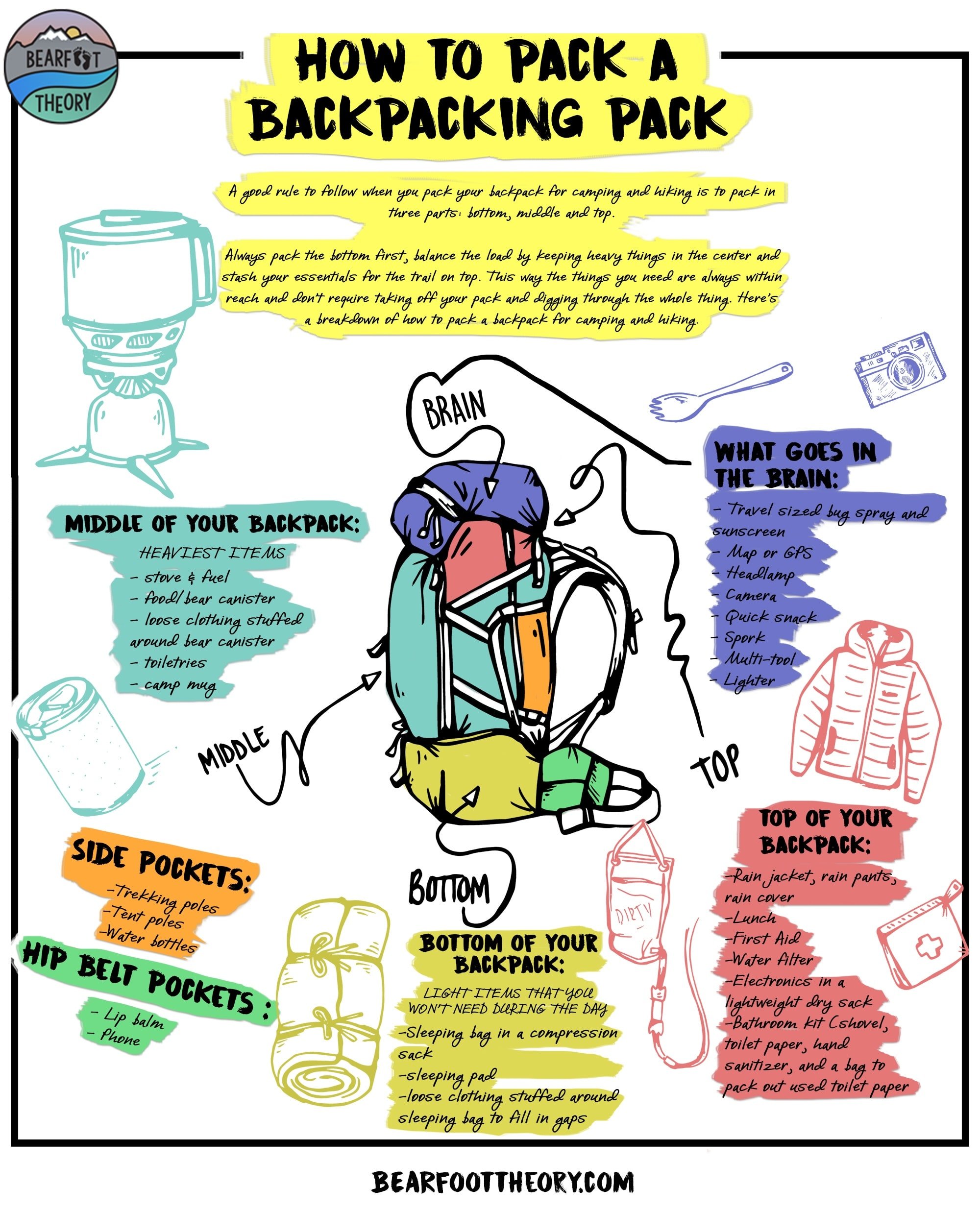
How to Pack a Backpacking Pack for a Multiday Hiking Trip Bearfoot Theory
As you pack your hiking backpack, remember to pack only what you actually need and can carry on your back. Then, pack your sleeping items at the bottom of your bag, the rest of your camp gear towards the middle, and your daily necessities towards the top, in the brain, and in the additional pockets. Packing in this methodical manner will.
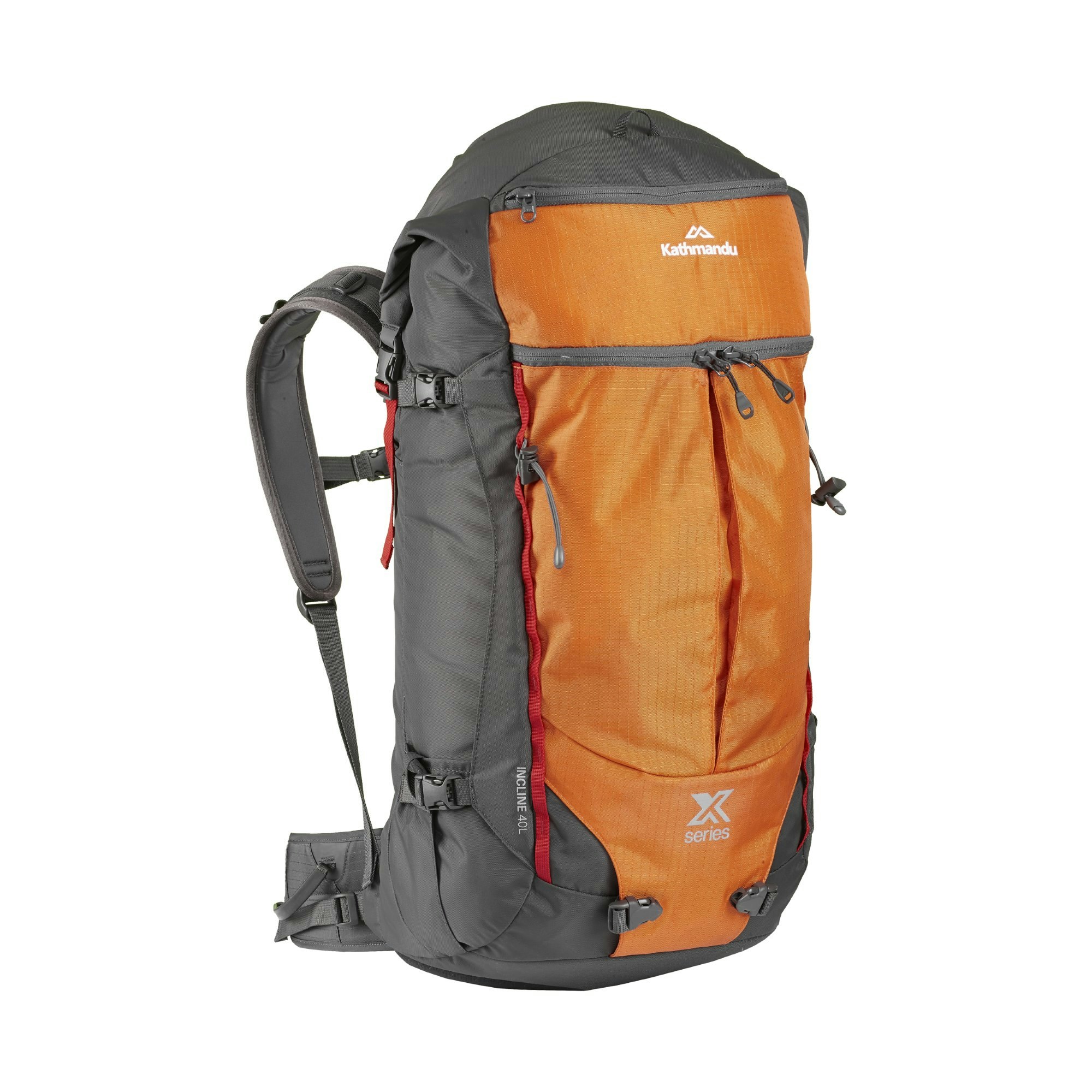
Kathmandu Incite gridTECH XT 40L Technical Backpack Trekking Rucksack Orange eBay
Snacks are best kept near the top of your pack or in easy-access pockets. Water. Carry at least a litre of water in a sturdy bottle or canteen, and ideally two litres on longer or hotter days. Larger quantities of water are generally easier to carry in a water reservoir or hydration bladder.

G4Free 40L Lightweight Packable Hiking Backpack Review
Pack a Backpack in Several Different Zones *Important - While backpacks differ somewhat in their designs and the way the compartments are divided up, most will still allow you to follow these basic packing guidelines. When packing your backpack, in order to distribute the weight correctly, you'll divide it into the following basic areas:

Buy Loowoko Hiking Backpack, 50L Waterproof Travel Backpack Trekking Rucksack aineering Backpack
When packing your backpack for hiking, a good rule of thumb is to divide it into three sections: the bottom, the middle, and the top. Carefully pack the bottom of the pack first, balance the load by storing heavier items in the center, and store your trail essentials on top of the pack. As a result, the items you require are within reach and do.

Top 5 Best Backpack for Hiking in 2022 For Travelista
4. Pack Your "Top of Pack" Items. The top of your backpack includes the uppermost portion inside the pack and "the brain" - the part that's on top when you close your pack. It's typically a zippered compartment that can be removed and used as a daypack when you hike. Here's what I like to keep at the top of my pack: